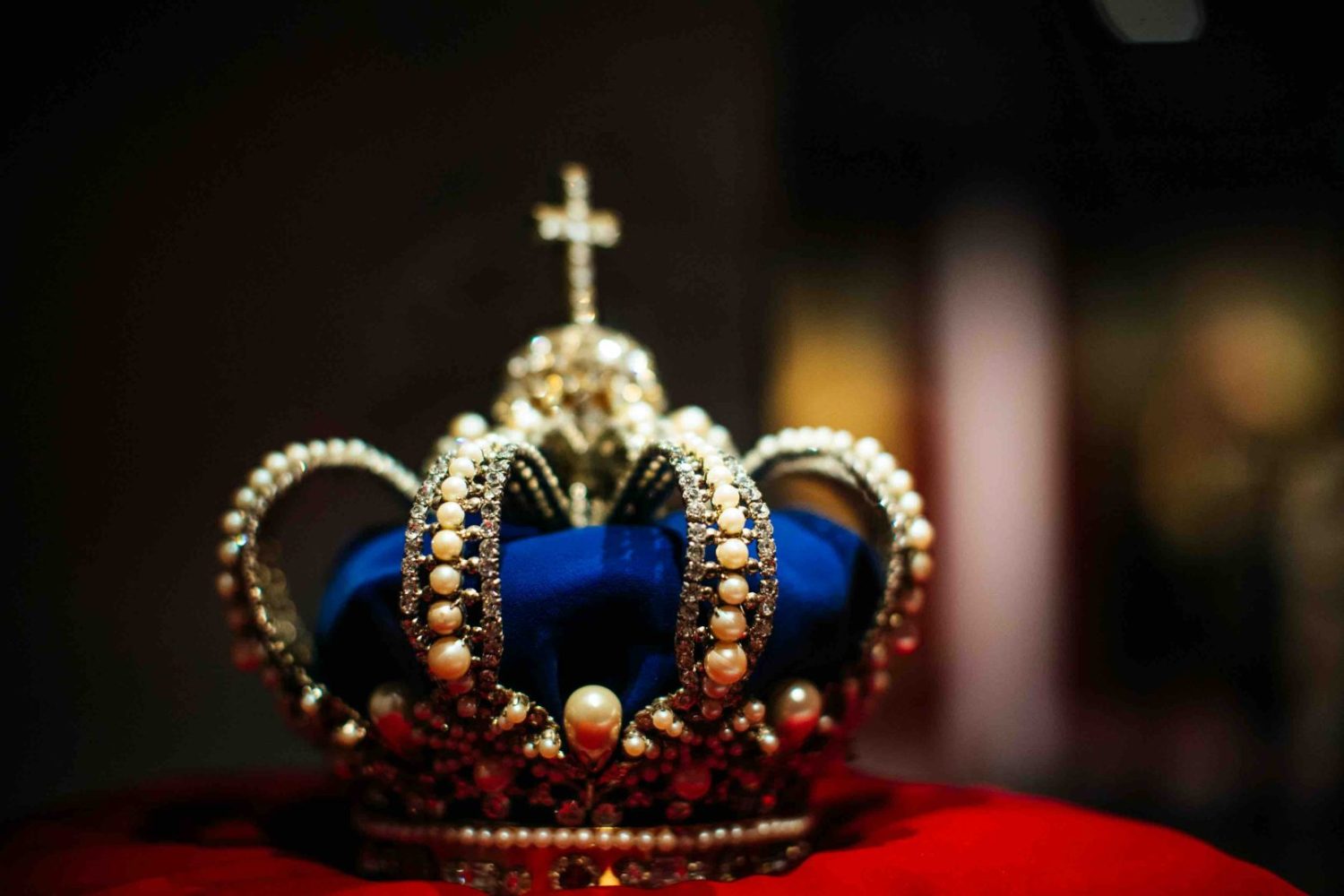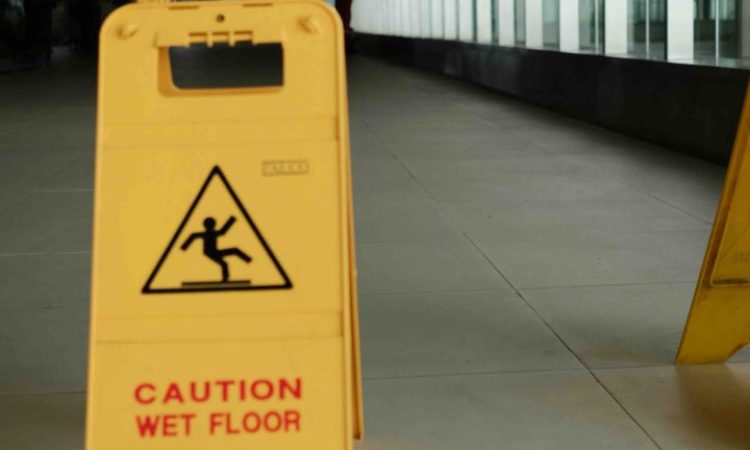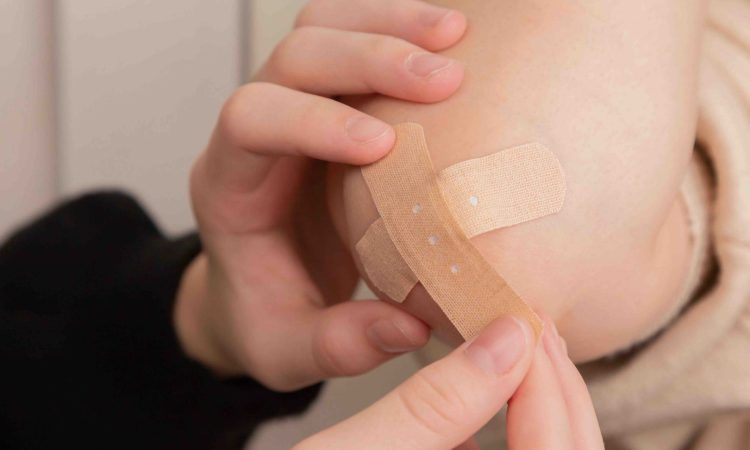
Buying Ownerless Land and Buildings from the Crown
In some situations, land can become ownerless, known as “bona vacantia” or the land becoming subject to “escheat”.
Some interesting historical context
The difference is important as they are administered in different ways. This goes back to a historical oddity that all land in England, Wales and Northern Ireland is technically owned by the Monarch of the time and the “freehold” interest that individuals and companies own is really a type of indefinite tenancy from the Monarch of the day.
Bona vacantia
“Bona vacantia” occurs when the freehold interest becomes ownerless but has not yet been terminated so it vests in the Crown but is administered by the Treasury Solicitor.
Escheat
“Escheat” occurs when the freehold interest itself is terminated (sometimes caused by the Treasury Solicitor deciding that the land is not worth trying to sell and disclaiming it) so the land reverts back to the Monarch under its underlying superior land ownership and is generally dealt with by the Crown Estate’s appointed solicitors, currently Burgess Salmon. However, different rules relate to land in parts of Lancashire, Greater Manchester, Merseyside Cumbria and the County of Cornwall (which includes the Isles of Scilly).
How does this happen?
These situations can happen when a person has died and has no relatives to inherit the land, where a person or company has become bankrupt or insolvent and the insolvency practitioner (the person administering the insolvent estate) has decided that the land is not worth trying to sell or where a company that owned the land has been dissolved or stuck off. Both freehold and leasehold land can become ownerless.
Buying Crown land
The process depends on how the land came under Crown ownership. If buying “bona vacantia” land, the freehold or leasehold land is transferred. If buying land subject to “escheat” the Crown body will grant an entirely new freehold title to the buyer.
When buying ownerless land, there are a number of things that are done differently to a normal property transaction.
For example, you may need to provide evidence to the Crown’s solicitor that the land is ownerless and explain to them why you are interested in the land.
You will also often be required to carry out a consultation to see if anyone else might be interesting in buying the land and pay for a valuation to establish the price that you would be required to pay for the land.
How we can help
In all cases, we would normally help with:
- Investigating the title of the property to ensure as far as possible that it is ownerless;
- Liaise with the relevant appointed solicitor, providing them with any information that they require in order to sell the land;
- Carry out searches (if requested);
- Report to you on any issues with the land;
- Complete the sale and register the purchase.
If you are considering purchasing land from the Crown, please contact us to make an appointment to speak to one of our experts.
Request a CallbackRelated Articles
-

When Real Life Goes Wrong at Work
Staying Safe and Getting Justice Accidents at work remain a pressing legal and social issue in the UK. Despite decades…
-

Accidents at Work Your Right to Claim Compensation
Accidents at work happen far more often than many people realise. Every year, thousands of employees across the UK are…
-

Why 2026 Is a Pivotal Year for Personal Injury Claims
Personal injury law in the UK has changed significantly over the last few years. From government reforms to changing patterns…